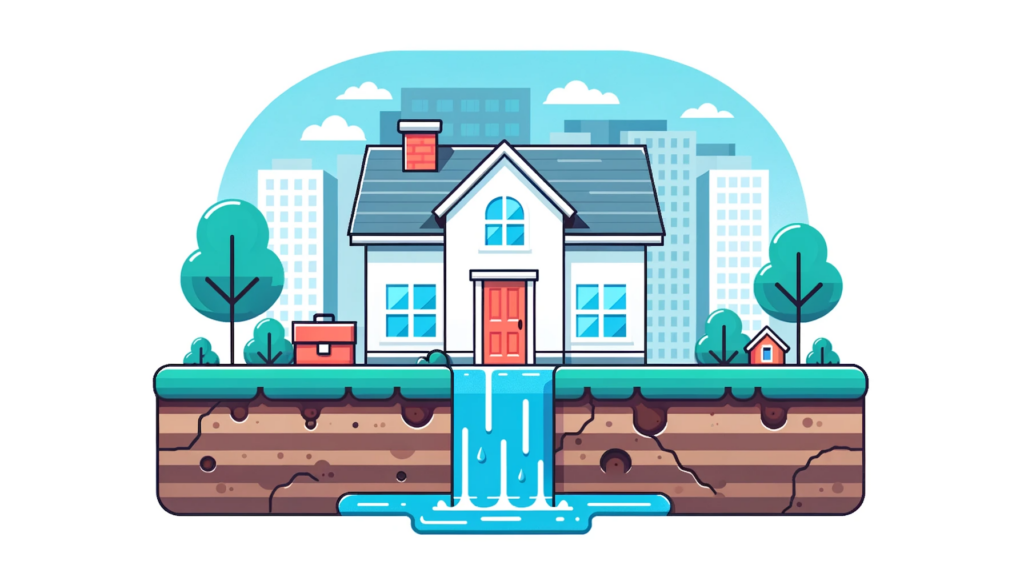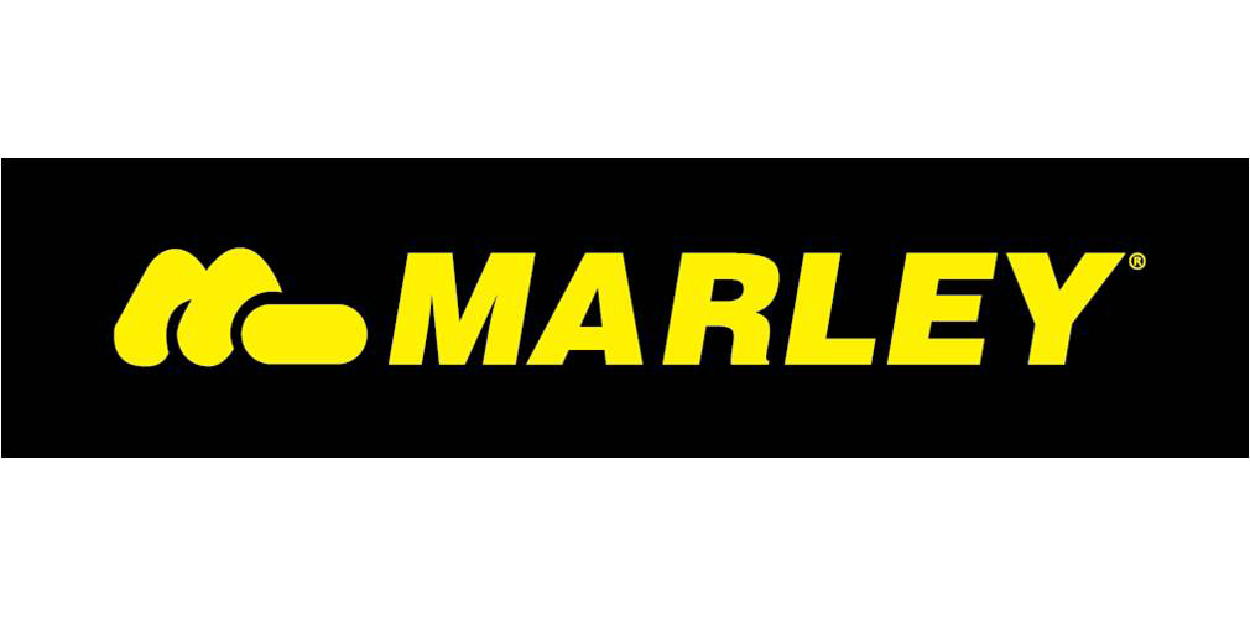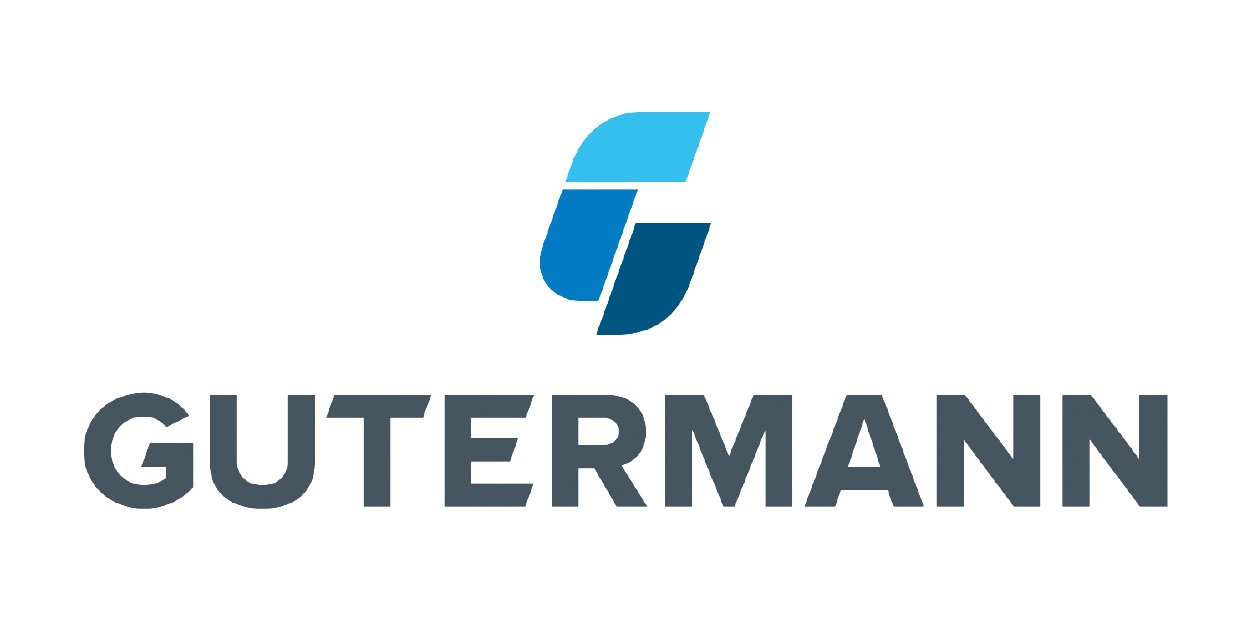
Call Today 09 973 4973 or
Industrial Gas Piping and Storage Systems
In New Zealand, the design, installation, and maintenance of industrial gas piping and storage systems are governed by stringent standards and regulations to ensure safety, efficiency, and environmental compliance. These systems are crucial for a wide range of industries, including manufacturing, energy production, and food processing, providing the necessary gas supply for operations, heating, and power generation. Given the diverse industrial landscape of New Zealand, from the North Island’s heavy industry to the South Island’s agricultural processing plants, the need for robust and reliable gas infrastructure is paramount.
Design and Installation
The design of industrial gas piping and storage systems in New Zealand must consider several factors, including the type of gas being used, the volume of gas required by the industrial processes, and the specific safety risks associated with gas storage and distribution. Materials used for piping, such as high-density polyethylene (HDPE) for low-pressure applications and steel for high-pressure systems, are selected based on durability, compatibility with the gas type, and compliance with New Zealand standards.
Installation of these systems requires expertise and precision. In New Zealand, only certified gas fitters are authorised to carry out this work, ensuring that installations meet the rigorous standards set out in the Gas (Safety and Measurement) Regulations 2010. These professionals are trained to implement systems that minimise the risk of leaks, ensure stable gas supply under various conditions, and incorporate safety features like emergency shut-off valves.
Regulatory Compliance
New Zealand’s WorkSafe is the primary regulatory body overseeing the safety of industrial gas installations. Compliance with the Hazardous Substances and New Organisms Act 1996 (HSNO Act) and the Health and Safety at Work Act 2015 is mandatory, ensuring that gas storage and piping systems are designed and operated in a manner that protects workers, the public, and the environment. This includes conducting risk assessments, obtaining the necessary permits for hazardous substances, and adhering to specific storage requirements for different gas types.
Maintenance and Safety
Regular maintenance is critical to the safe and efficient operation of industrial gas systems. This includes routine inspections for leaks, corrosion, and wear and tear, as well as testing of safety devices and pressure relief systems. Maintenance schedules are often determined by the nature of the industrial operation, the age of the infrastructure, and the specific requirements of the gas used.
Safety training for personnel is another crucial aspect of maintaining a safe industrial environment. Workers must be aware of the proper procedures for handling gas, responding to gas leaks, and operating gas-related equipment. Emergency response plans, including evacuation routes and communication protocols, must be established and regularly reviewed.
Environmental Considerations
With New Zealand’s commitment to reducing greenhouse gas emissions and promoting sustainable energy use, industrial facilities are increasingly looking for ways to minimise their environmental impact. This includes selecting cleaner gas options where possible, such as biogas or natural gas over more polluting alternatives, and implementing energy-efficient technologies in gas usage and storage.
For New Zealand’s industrial sector, the safe, efficient, and compliant operation of gas piping and storage systems is non-negotiable. By adhering to the country’s strict regulatory framework and embracing best practices in design, installation, and maintenance, industries can ensure that their gas systems support their operations while protecting people and the planet.
Suppliers




